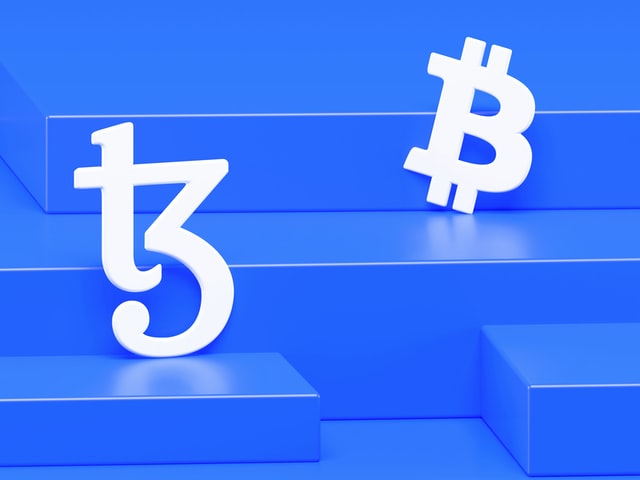IRS just announced that it will not tax unstaked crypto until sold or exchanged implying how proof-of-stake miners and stakers are taxed in the future.
Tax on cryptocurrencies and digital assets have been a hot topic since the start of the new year. Governments all across the world have been riding the wave regarding global crypto regulatory policies.
According to a recent report, The Internal Revenue Service (IRS) has declared it would refund $3,293 in income tax (plus statutory interest) to a Nashville couple who had paid the amount on 8,876 Tezos tokens they had obtained through staking.
Is It A Win For Cryptocurrency Stakers?

According to a complaint filed in May 2021 with the US District Court for the Middle District of Tennessee, Nashville couple, Joshua and Jessica Jerrett requested a refund of $3,293 of income tax paid in 2019 for the receipt of 8,876 Tezos tokens. The couple also sought a $500 increase in tax credits for lost income. The Jerrett’s contended that tokens obtained through proof-of-stake protocols are taxpayer-created property that should not be taxed until they are sold or exchanged. According to the complaint, there is no provision in US law or IRS rules and regulations that authorizes taxpayer-created property to be taxed as income.
As per the report, the couple received a letter from the Department of Justice on December 20 stating that the IRS had approved a full refund of their 2019 taxes against the tokens they earned through staking in the Tezos network, plus statutory interest.
United State’s Muddled Stance On Crypto

The staking method requires the cryptocurrency holders to ‘stake’ their coins. Users have to lock their coins on the blockchain network for a fixed period where they cannot withdraw them. The network will then choose validators for each block, depending on a node’s size and time staked. The user becomes a validator by simply locking a certain amount of the cryptocurrency they are holding in a pool.
The United States still lacks clear official rules for the asset class. even though it has one of the largest numbers of crypto investors, exchanges, trading platforms, mining companies, and investment funds in the world. The Securities and Exchange Commission (SEC) the most powerful regulator views cryptocurrencies as securities, while the Commodity Futures Trading Commission calls Bitcoin a commodity, and the US Treasury calls it a currency. The Internal Revenue Service, meanwhile, defines cryptocurrencies as “a digital representation of value that functions as a medium of exchange, a unit of account, and/or a store of value”.


